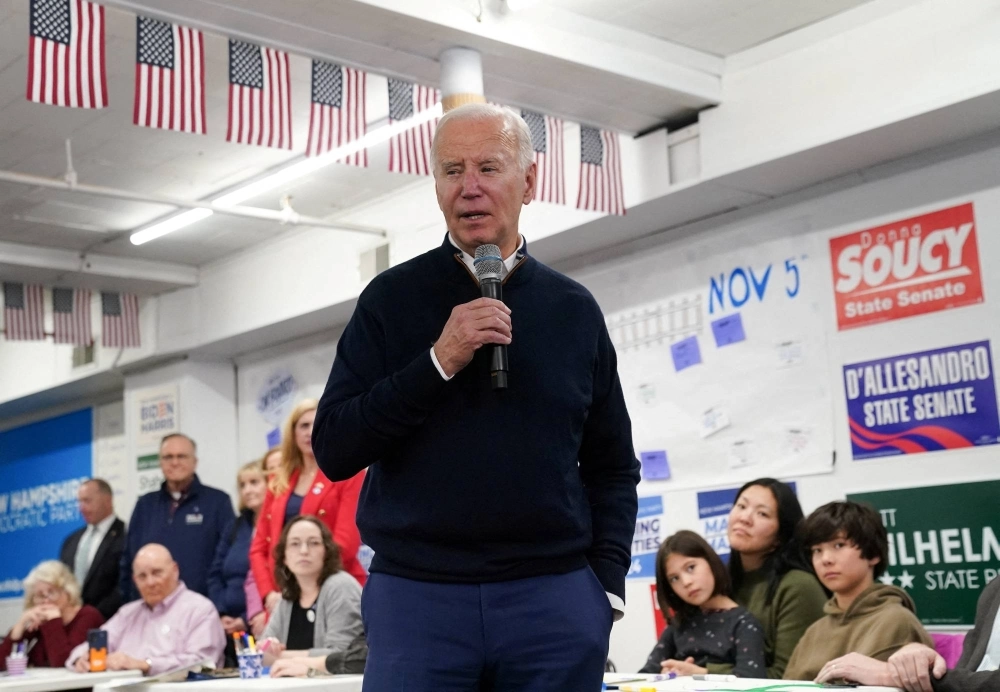As the world splits into rival geopolitical and military blocs, economic ties are fraying and political, military and business leaders worldwide are growing increasingly anxious about America’s presidential election this fall.
As is usually the case, the outcome will be heavily influenced by voters’ perception of economic conditions and the incumbent’s economic policies.
In 1980, a recession and high inflation gave rise to the “misery index” (reflecting the inflation rate plus the unemployment rate) and allowed Ronald Reagan to crush the incumbent president, Jimmy Carter. But U.S. Federal Reserve Chair Paul Volcker’s aggressive policies to rein in inflation then caused a deep recession, dooming Republicans to large losses in the 1982 midterm elections. By 1984, however, the annual growth rate had reached 7% and Reagan was handily re-elected.

















With your current subscription plan you can comment on stories. However, before writing your first comment, please create a display name in the Profile section of your subscriber account page.